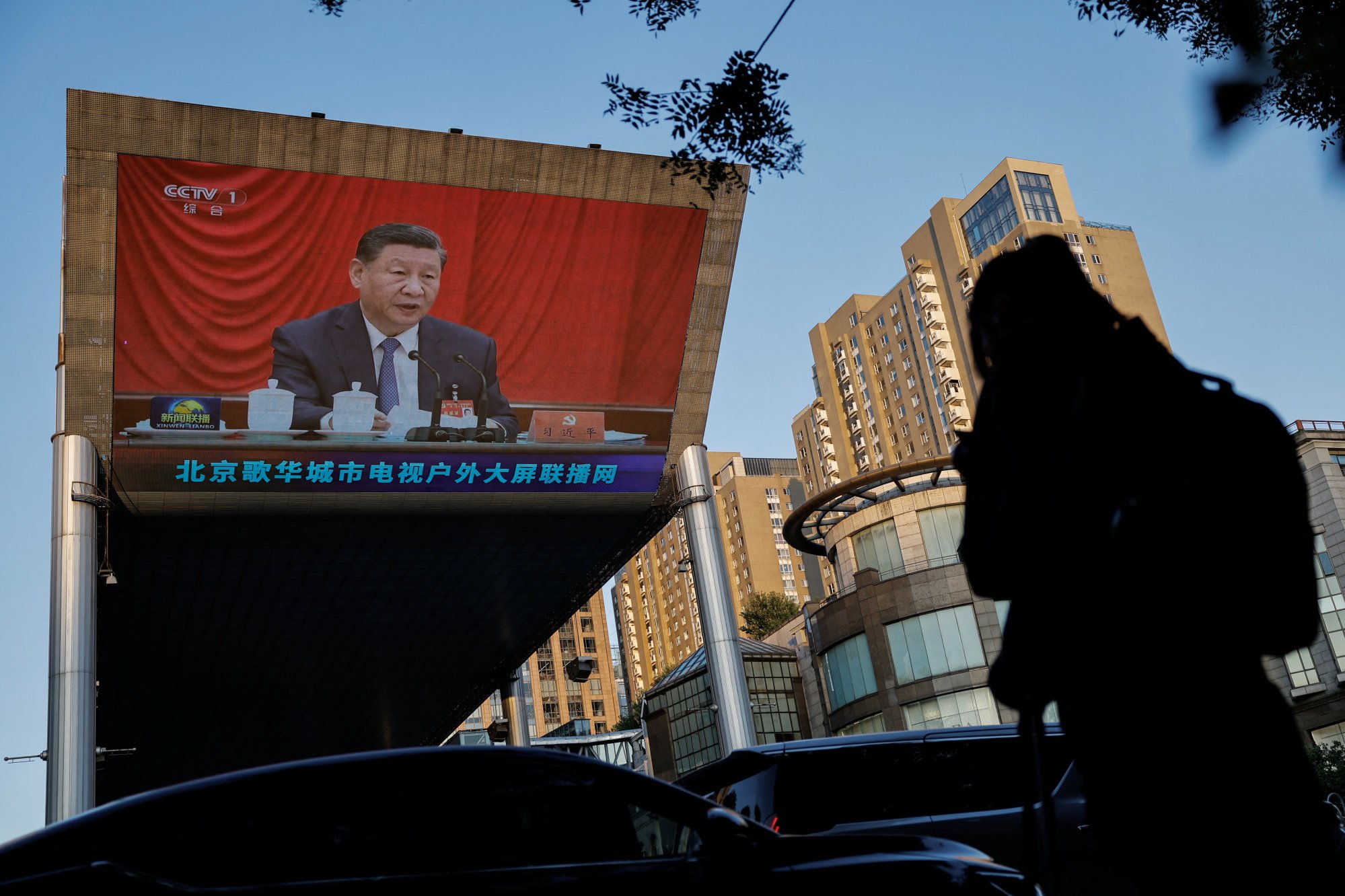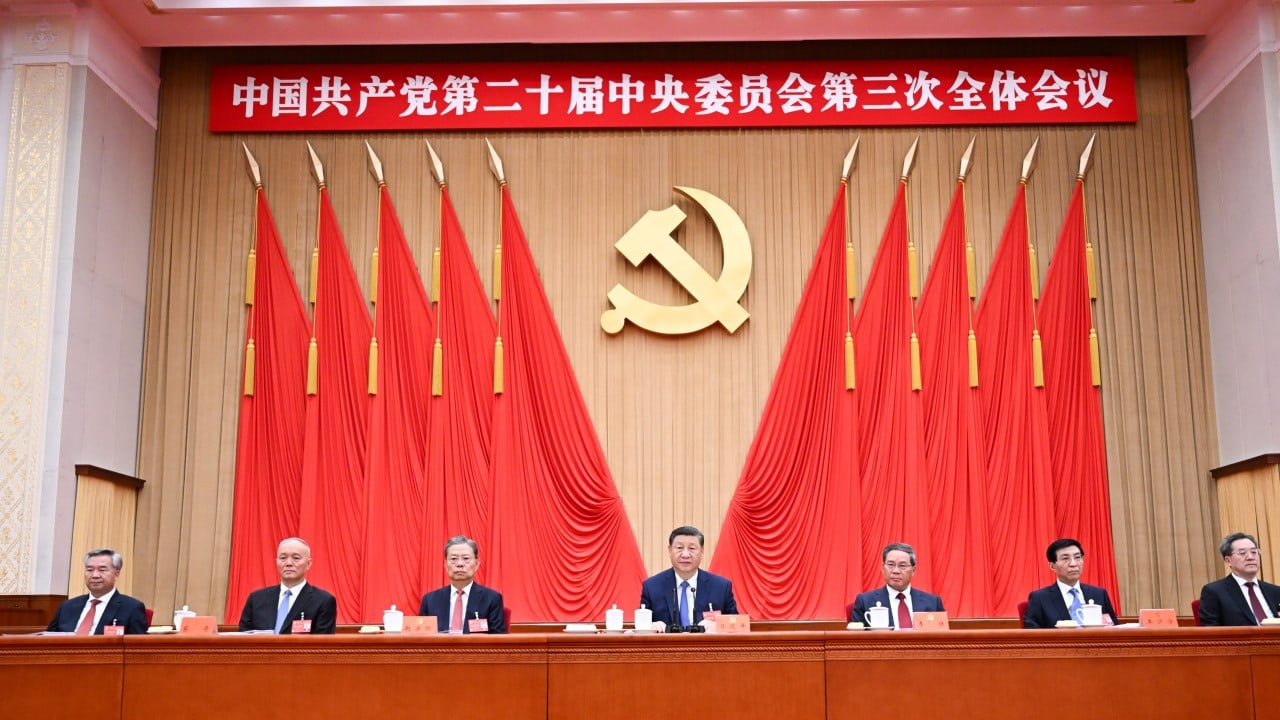Beijing has thrown its weight behind Hong Kong’s bid to become an “international hub for high-end talent” in a resolution backed by the Communist Party’s third plenary session.
The central authorities in a document released on Sunday laid down the roles that they expected Hong Kong to fill in a section called “improving the system and mechanism for high-standard opening up”.
The paper said the nation should further open up amid increased international cooperation and create a new system of open economy.
“Leverage the advantage of ‘one country, two systems’, consolidate and enhance Hong Kong’s status as an international finance, maritime and trading centre,” the resolution said., referring to the principle that governs ties between the city and Beijing.
“Support Hong Kong and Macau in establishing themselves as a hub for international high-end talent, improve the mechanism to allow them to better contribute to the country’s opening-up effort.”
The 20,000-word document was endorsed by the 20th Central Committee of the Chinese Communist Party during the twice-a-decade, four-day policy meeting in Beijing last week.
The statement also highlighted the importance of boosting the integration of the Greater Bay Area through connected systems and rules, and the organisation of economic and cultural exchanges.
The Greater Bay Area is Beijing’s plan to link Hong Kong, Macau and nine cities in southern mainland China to create an economic powerhouse.
Lau Siu-kai, a consultant at the Chinese Association of Hong Kong and Macau Studies, a semi-official think tank, said Beijing’s expectations were in line with national policies drawn up to attract foreign capital and talent.
He added that Hong Kong had an edge in its ability to bring in overseas talent as the city was more diversified and westernised.
“The central government may facilitate this talent to work in mainland China,” Lau said. “Hong Kong can become a talent bank for the country.”
He added it could be that talent was mainly based in Hong Kong, but could work across the border occasionally, such as academics being able to teach in mainland Chinese educational institutions.

Beijing earlier this month introduced a new measure to allow non-Chinese nationals with permanent residency in Hong Kong or Macau to apply for a permit to visit the mainland several times over a period of up to five years.
Permit holders can spend up to 90 days on the mainland at a time and have self-service clearance at checkpoints once their fingerprints were taken at ports of entry.
The plan was hailed by some business representatives as a “game-changer” which could boost the city’s attractiveness.
The Hong Kong government introduced a series of measures by the end of 2022 to attract new talent to help counter an emigration wave from the city.
These included the Top Talent Pass Scheme, designed to attract individuals with high salaries or graduates from top international universities to work in the city.
The scheme had received more than 77,000 applications, with 62,000 approved, by March.
The new residents were expected to bring HK$34 billion (US$4.4 billion) in economic benefit to the city, 1.2 per cent of the city’s gross domestic product.
Lawmaker Shang Hailong, chairman of the Hong Kong Top Talent Services Association, said the government had notched up some achievements in its efforts to attract talent.
But he added it still had to do more to ensure individuals would settle in the city and become permanent residents.
“They need to stay here and run their businesses … they can only contribute more to the city’s economy when they need to pay salary tax and profits tax,” he said.
Shang said the government needed to focus on the encouragement of talent to use their expertise and experience to develop their own businesses in Hong Kong.
“It can enrich the city’s economic ecosystem, offer jobs in the local labour market and attract more overseas workers,” he added.
Shang said that the administration could also consider the use of scholarships to encourage foreign talent to study in Hong Kong in the hope they would put down roots and base themselves in the city.


